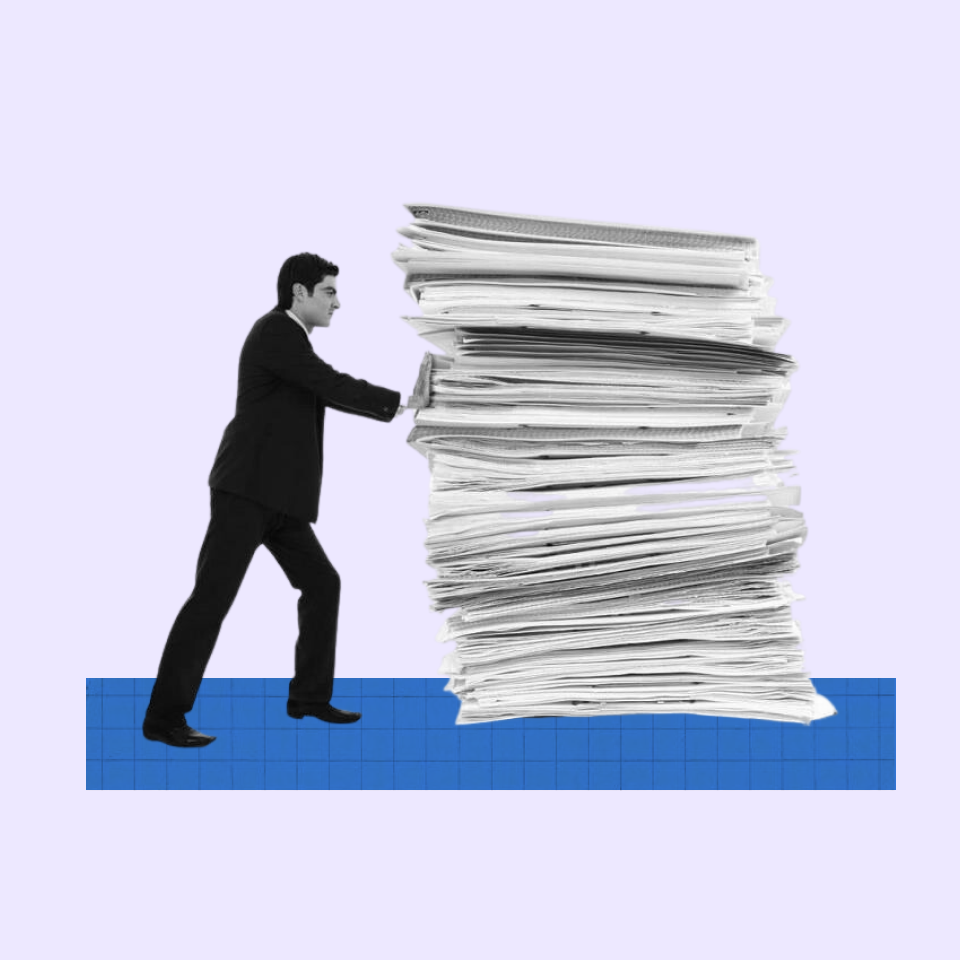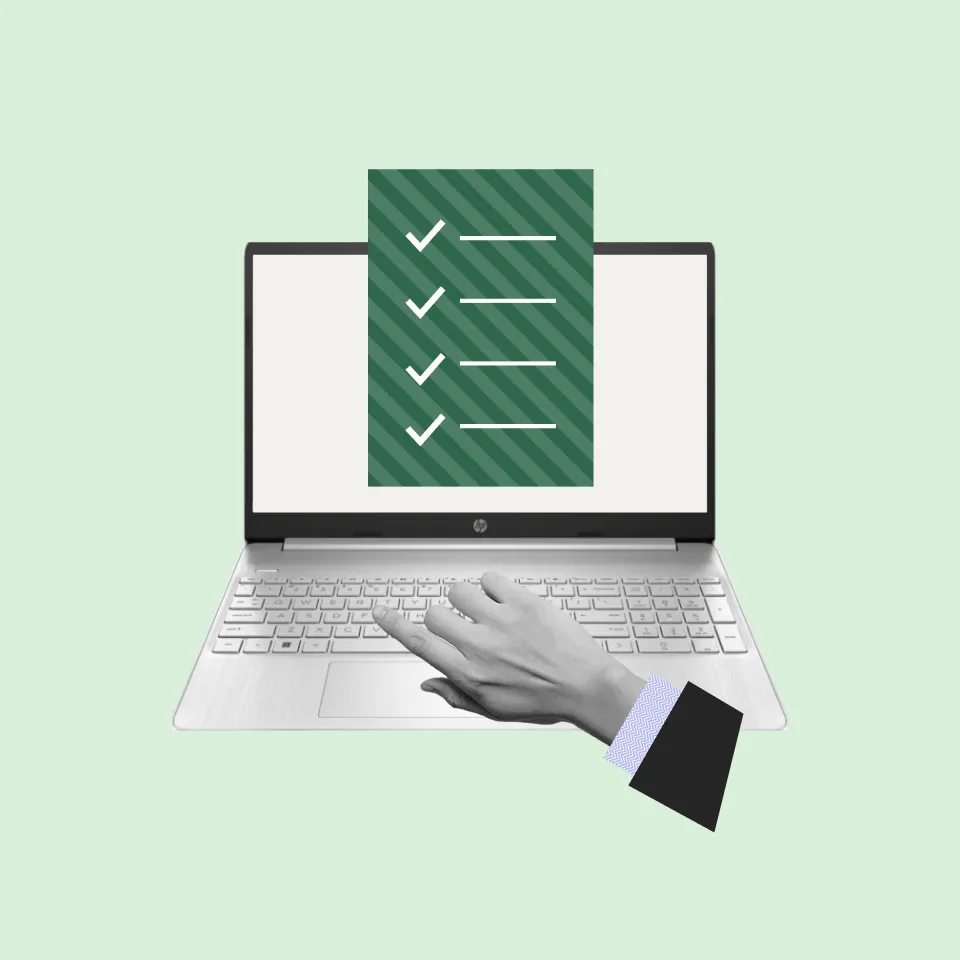Contract negotiation comes with a lot of pressure. It’s almost like walking a tightrope. You need to make sure the terms of the contract are favorable to your organization. Yet, you must do this without ruining the relationship your organization has established with its business partner.
So, you find yourself spending hours on end analyzing every line in the contract, running through documents for information, and getting chased by the constant fear of misinterpreting a clause or leaving something crucial on the table.
But like every traditional negotiation process, there’s always a potential for error, ambiguity, and misinterpretation, a breeding ground for disputes down the line.
If you genuinely want a contract negotiation process that produces results without breaking your back, you must move away from the status quo and embrace innovation. Join us as we walk you through how you can leverage ChatGPT in contract negotiation processes.
Reinventing contract negotiation with AI
The release of ChatGPT in late 2022 marked a breakthrough moment for Artificial Intelligence (AI). This monumental innovation demonstrated capabilities in almost every area of interest: writing codes, creating meal recipes, cracking jokes, drafting research papers, translating languages, and much more.
It wasn’t long before it made its way into the legal industry, helping legal professionals draft contracts, review documents, and provide insights into legal principles.
ChatGPT’s proliferation into the legal industry also inspired the rise of specialized AI tools, like Autopilot, which was recently in the news for fully negotiating a contract without human involvement.
While ChatGPT is a general-purpose AI platform, it has demonstrated impressive capabilities in numerous areas of legal practice, including contract negotiation.
The platform offers assistance with contract negotiation in the following ways:
- Clarifying legal language — If you encounter legal jargon or complex language in a contract, ChatGPT can help break it down into simpler terms, making it easier to understand the implications of various clauses.
- Providing negotiation strategies — ChatGPT can assist in developing negotiation strategies by helping you identify key points to emphasize or areas where you may want to be more flexible. It can simulate different negotiation scenarios, helping you anticipate potential responses and plan your approach.
- Document organization — If you have a complex contract with multiple sections, ChatGPT can help organize the document in a logical and coherent manner.
- Providing legal information— ChatGPT can provide quick access to general information about common contract clauses, industry standards, and legal principles that may be relevant to your negotiation.
- Generating counteroffers—Based on the information you provide about the other party's proposals, ChatGPT can assist in developing counteroffers or alternative suggestions.
Also read: Contract Negotiation with AI—Proven Strategies for Seamless Implementation
Before you use ChatGPT: 5 critical considerations
ChatGPT is, indeed, a powerful tool for legal professionals. However, it isn't without flaws. To get the best of it, it is crucial to understand its limitations and the various concerns surrounding its application in contract negotiation and legal practice in general.
#1 It is NOT a replacement for legal expertise
ChatGPT, despite its capabilities, cannot substitute the comprehensive knowledge and expertise of a human legal professional. Legal decision-making involves nuanced understanding, context analysis, and ethical considerations, which are beyond the scope of an AI model.
ChatGPT is not a legal expert and does not have a deep understanding of legal nuances. It may not be aware of recent legal changes or specific regulations that could impact a contract.
Relying solely on ChatGPT without review from a real lawyer could lead to misunderstandings or oversights.
#2 There’s potential for context misinterpretation
Language models can sometimes misinterpret the context of a conversation or generate responses that may not accurately reflect the intended meaning. Clarity and precision are crucial in contract negotiation, and relying on a machine for this can result in misunderstandings.
#3 Its security and confidentiality can’t be trusted
Security and confidentiality concerns also cast a shadow over the use of ChatGPT in legal work. Given that interactions are processed on external servers, data privacy and client confidentiality are significant concerns.
Legal professionals must carefully consider the implications for client confidentiality and privileged information, as using external servers may compromise data privacy and ethical obligations.
#4 It might generate biased responses
ChatGPT may inadvertently exhibit biases present in the data on which it was trained. This could lead to biased language or suggestions in the negotiation process, which may not align with the principles of fairness and equality.
#5 It lacks emotional intelligence
“True negotiation is not ‘I win, you lose.’ There may be times when that could be the case, but the party on the other side will hate you and will look for ways to screw you over the first chance they get."
~ Sterling Miller, CEO and Senior Counsel, Hilgers Graben PLLC
Ten Things: Business Skills All In-House Lawyers Must Know
Contract negotiations are not just about the terms and conditions on paper. They involve human interaction, communication, and understanding. Emotional intelligence plays a significant role in navigating these complex interpersonal dynamics.
ChatGPT, while capable of generating legally accurate responses, does not possess the ability to handle the emotional aspects of contract negotiations.
Using ChatGPT for contract negotiations
"Negotiation is 90% preparation, 10% talking."
~ Sterling Miller, CEO and Senior Counsel, Hilgers Graben PLLC
Ten Things: Business Skills All In-House Lawyers Must Know
Let's say your organization has initiated a contract with a supplier, and you are responsible for negotiating the terms of the contract.
How can you take advantage of ChatGPT to streamline this process? Let’s break it down below:
#1 Clause analysis
Share specific clauses from the vendor's offer with ChatGPT and ask for an analysis of potential implications, risks, or suggested modifications.
For example, you could say, "Can you review the indemnification clause in this contract and provide insights into potential risks or improvements?"
Also read: 5 Most Negotiated Terms and Clauses in a Contract
#2 Negotiation strategies
Request advice on negotiation strategies for specific points. Ask for tips on how to approach certain requests or concessions.
You might say, "The vendor is pushing back on our limitation of liability. How can I negotiate this effectively?"
Also read: Guide to Navigating the Take It or Leave It Negotiation Strategy
#3 Legal research
If there are industry-specific regulations or legal standards that need consideration with respect to the contract, you can ask ChatGPT for the latest information or guidance.
For example, "Are there any recent legal developments regarding data protection that we should consider in this contract?"
#4 Contract language simplification
If you need to communicate changes or suggestions to non-legal stakeholders, ask for assistance in simplifying complex legal language.
For instance, "Can you help me simplify the termination clause for our product team to understand?"
#5 Risk assessment
You can request ChatGPT's opinion on the overall risk profile of the contract, considering all the clauses together.
You might say, "Given the negotiated terms so far, what's your assessment of the overall risk exposure for our company?"
Also read: Effective Contract Risk Management: Top Tips & Strategies
#6 Scenario analysis
You can present hypothetical scenarios or what-if situations related to the contract terms and ask for guidance on potential outcomes and risks.
You might say, "If we agree to extend the payment terms, what potential financial risks should we be aware of, and how can we mitigate them?"
Pro tips for getting the best results with ChatGPT in contract negotiation
While ChatGPT has shown tremendous capabilities, it is important to note that it is a general-purpose AI platform. To get a well-tailored, industry-specific result with it, you must know how to communicate with it in the context of your profession.
Below, we’ve detailed several tips to keep in mind.
#1 Prime it with sample prompts
Before inserting the contract content you want assistance with, it is important to prime the AI first.
For instance, if you need help negotiating a limitation of liability clause, you should first ask ChatGPT to give you a broader view of what such a clause entails from the perspective of both a customer and their service provider.
You can ask it a series of other related questions before finally inserting the actual clause for analysis.
The goal is to "train" the model with the right context. That way, the generated response will be coherent and specific to your scenario without any deviations and ambiguities.
#2 Be as detailed as possible
Vague prompts often result in vague outputs. To get the best results from ChatGPT, ensure you pack the necessary information in your prompt. Establish your position (e.g., in-house counsel, sales rep, etc.), the nature of the contract, and any legal considerations relevant to your request.
This helps ChatGPT better understand the nuances of your situation, enabling it to generate more precise and contextually relevant responses.
Also read: 7 ChatGPT Prompts for In-House Legal Teams
#3 Always review and verify your outputs
Take the time to carefully assess the generated content for accuracy, relevance, and legal soundness. Cross-reference the information with your own knowledge, legal precedents, and current regulations.
If possible, seek input from colleagues or legal experts to ensure the generated content aligns with best practices and industry standards.
By reviewing and verifying the outputs, you can catch any potential errors or inaccuracies, enhancing the overall reliability of the information obtained from ChatGPT.
#4 Engage in iterative conversation
Rather than relying on a single interaction, consider engaging in an iterative conversation with ChatGPT. This involves refining and clarifying your queries based on the initial responses received.
By building on the information provided and asking follow-up questions, you can obtain more nuanced and detailed insights, making the negotiation process more dynamic and adaptive.
“The complexity [of ChatGPT] comes into play when you want to move beyond a simple request and ask ChatGPT multiple questions, make multiple requests as part of one prompt, or refine the ChatGPT results by refining the prompt or adding to the data ChatGPT is considering. The good news is that you can do all of this. The “bad” news is that it takes practice and time.”
~ Sterling Miller, CEO, Hilgers Graben PLLC
Ten Things: ChatGPT and Generative AI
#5 Be cautious with confidential information
Exercise caution when dealing with confidential information during your interactions with ChatGPT.
While the model is designed to respect user privacy, it's prudent to avoid sharing sensitive details that could compromise the confidentiality of your negotiation.
Focus on providing the necessary context and information without disclosing confidential specifics unless absolutely necessary.
#6 Always ask for potential counterarguments
To strengthen your negotiation strategy, prompt ChatGPT to provide potential counterarguments to the points you are considering.
Utilize ChatGPT to simulate various negotiation scenarios. Prompt the model to generate responses as if it were a counterparty in the negotiation, allowing you to gauge potential reactions and plan your strategy accordingly.
This simulation can provide valuable insights into different negotiation dynamics, helping you refine your approach and prepare for a range of possible outcomes.
Also read: Mastering the Art of Contract Negotiation: Strategies for Success
Parting words
Successful contract negotiation processes mark the difference between organizations that thrive and those that struggle to hit their revenue goals.
ChatGPT has shown impressive capabilities in helping in-house counsel negotiate contracts more productively, saving them hours of manual labor. If you’re serious about accelerating your negotiation processes and closing more deals, then you should start exploring ways to safely incorporate this tool into your negotiation process.
Have you heard about VerifAI? SpotDraft’s powerful AI contract review tool? If you need a robust yet easy-to-use AI tool that can transform your contract review process for better results, feel free to check it out here.


.avif)







